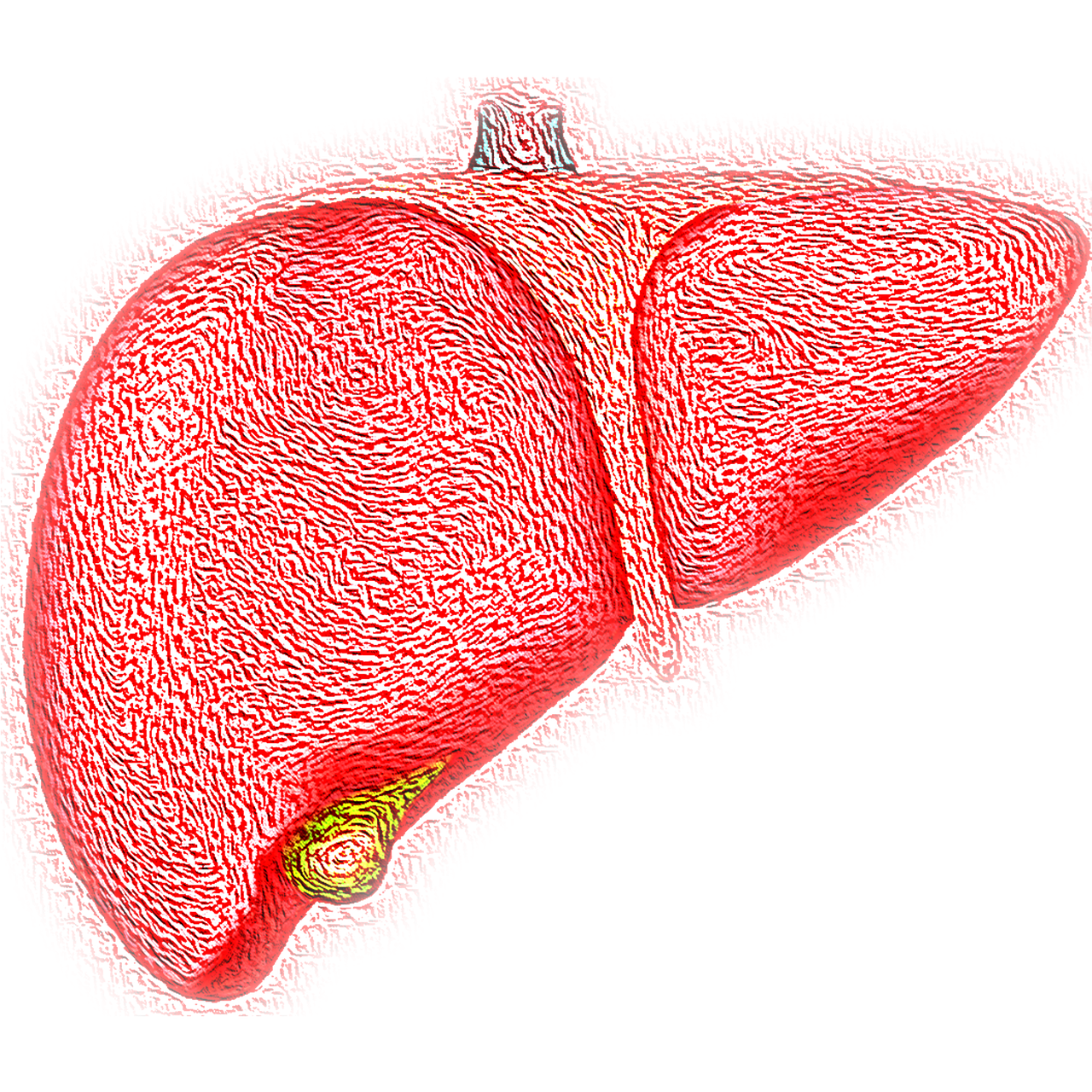Hepatitis C: Causes, Symptoms, Diagnosis, Treatments, and Advances
By Editorial Team
Hepatitis C is a viral infection that primarily affects the liver. It is caused by the hepatitis C virus (HCV) and is a significant global health concern. In this comprehensive overview, we will discuss the various aspects of hepatitis C, including its causes, transmission, symptoms, diagnosis, treatments, and recent advancements in the field.
Causes: Hepatitis C is caused by the hepatitis C virus (HCV), which is a bloodborne pathogen. There are several genotypes and subtypes of HCV, making it a genetically diverse virus. The virus primarily targets hepatocytes (liver cells), leading to inflammation and damage to the liver.
Transmission: Hepatitis C is transmitted through direct contact with infected blood. Common modes of transmission include:
- Injection Drug Use: Sharing needles or syringes contaminated with infected blood is a major route of transmission.
- Unsafe Medical Procedures: Inadequately sterilized medical equipment, such as needles and syringes, can transmit HCV.
- Blood Transfusions: Although rare due to stringent blood screening, transfusions with infected blood were a common mode of transmission in the past.
- Organ Transplants: Infected organs used in transplants can transmit HCV, though this is rare with modern screening protocols.
- Mother-to-Child Transmission: Infected mothers can transmit HCV to their babies during childbirth, although the risk is relatively low.
- Unsafe Tattoo and Piercing Practices: Procedures that involve the use of unsterilized equipment can transmit the virus.
Symptoms: Hepatitis C is often referred to as a “silent killer” because many infected individuals remain asymptomatic for years. When symptoms do occur, they can include:
- Fatigue
- Jaundice (yellowing of the skin and eyes)
- Abdominal pain
- Loss of appetite
- Dark urine
- Joint pain
- Nausea and vomiting
Chronic hepatitis C can lead to severe liver damage, cirrhosis, and an increased risk of liver cancer.
Diagnosis: Diagnosing hepatitis C involves blood tests, typically two types:
- HCV Antibody Test: This test determines whether a person has been exposed to the virus. A positive result does not confirm an active infection but indicates the need for further testing.
- HCV RNA Test: This test detects the genetic material of the virus and confirms an active infection. It also helps determine the viral load, which can guide treatment decisions.
Treatment: Advances in hepatitis C treatment have transformed the prognosis for infected individuals. The most common and effective medications used for hepatitis C treatment are direct-acting antivirals (DAAs). These drugs target specific steps in the HCV life cycle and have high cure rates, often exceeding 95%.
The treatment duration and choice of medications depend on factors such as the HCV genotype, the presence of cirrhosis, and the patient’s overall health. Treatment regimens can range from 8 to 24 weeks.
Cure: Hepatitis C is considered curable when the virus becomes undetectable in the blood for a sustained period after completing treatment. This is known as a sustained virologic response (SVR). Achieving SVR implies that the virus has been effectively cleared from the body, and the patient is considered cured. However, individuals who have been cured should still follow up with their healthcare providers for ongoing liver monitoring.
Prevention: Preventing hepatitis C primarily involves:
- Practicing Safe Injection and Healthcare Procedures: Avoid sharing needles, syringes, or any equipment that may come into contact with blood.
- Safe Sex: Practicing safe sex can reduce the risk of transmission, although the risk is lower than for other bloodborne infections like HIV.
- Avoiding Unregulated Tattoo and Piercing Services: Ensure that any tattoo or piercing facilities follow strict sterilization practices.
- Regular Screening: Individuals at high risk, such as injection drug users or those with a history of unsafe medical procedures, should undergo regular testing.
Conclusion: Hepatitis C is a serious liver infection caused by the hepatitis C virus. While it can lead to severe liver damage, advances in treatment have made cure rates very high. Prevention, including safe injection practices and regular screening, is essential to reduce the spread of the virus and its associated health risks. Early diagnosis and prompt treatment can significantly improve the prognosis for individuals with hepatitis C.

